ICG: Western interference may backfire
The International Crisis Group has warned the U.S. and EU that their open support for pro-Western politicians in Serbia may backfire at the ballot box.
Thursday, 24.04.2008.
10:32

The International Crisis Group has warned the U.S. and EU that their open support for pro-Western politicians in Serbia may backfire at the ballot box. In a report published yesterday, the ICG, whose headquarters are in Brussels, says that “anti-Western sentiment has grown sharply in Serbia after its support for Kosovo independence.” ICG: Western interference may backfire In the pre-election period, the EU and U.S. should stop offering direct support to any political option, should not sign the Stabilization and Association Agreement (SAA) with Serbia unless Belgrade cooperates fully with the Hague Tribunal, and should offer greater support to civil society, the ICG advises. ICG special adviser James Lyon claims that “the public’s anger at Western support for Kosovo independence is such that every attempt by the EU or the U.S to support pro-Western parties ahead of the elections can only boost nationalist votes.” The group’s program director for Europe Sabine Frazer also believes that Brussels and Washington should refrain from “playing into the hands” of nationalist forces by offering the SAA, at least until Serbia satisfies the condition of full cooperation with the Hague Tribunal. The ICG predicts that the nationalists will triumph at the elections, stating that it is “unlikely” that the pro-Western forces will come to power and that “in the event of a nationalist victory, Serbia will strengthen its ties with Russia.” “There’s a very great likelihood that the Serb Radical Party (SRS) will win the election and form a coalition government. If that happens, Euro-Atlantic integration will come to a halt, and one can expect the nationalists to support a ‘belligerent’ response in Kosovo, including the use of ‘small scale’ violence by the Kosovo Serbs,” warns the report. “The nationalists could offer encouragement to the Republic of Srpska (RS) to secede from Bosnia-Hercegovina and also get involved in the situation in Macedonia,” it points out. The report goes on to say that Serbia could be left without a government until September, in which case current Prime Minister Vojislav Kostunica would remain at the head of the temporary government and continue to define policy on Kosovo. “He will probably play a major role in forming the new government, maybe even as prime minister,” states the text. The ICG says that pro-Western forces could form a weak government, but with the support of nationalists like the Democratic Party of Serbia or the Socialists. “Were the Democrats to try and define a clear pro-European course, it would face the kind of obstacles and opposition that led to the murder of Prime Minister Zoran Djindjic in 2003,” the report cautions. Brussels and Washington would be better off offering “less rhetorical support” to the pro-Western parties—the Democratic Party, G17 Plus and the Liberal Democratic Party (LDP)—and stop interfering in the election campaign by promising Serbia the SAA, the IMG concludes.
ICG: Western interference may backfire
In the pre-election period, the EU and U.S. should stop offering direct support to any political option, should not sign the Stabilization and Association Agreement (SAA) with Serbia unless Belgrade cooperates fully with the Hague Tribunal, and should offer greater support to civil society, the ICG advises.ICG special adviser James Lyon claims that “the public’s anger at Western support for Kosovo independence is such that every attempt by the EU or the U.S to support pro-Western parties ahead of the elections can only boost nationalist votes.”
The group’s program director for Europe Sabine Frazer also believes that Brussels and Washington should refrain from “playing into the hands” of nationalist forces by offering the SAA, at least until Serbia satisfies the condition of full cooperation with the Hague Tribunal.
The ICG predicts that the nationalists will triumph at the elections, stating that it is “unlikely” that the pro-Western forces will come to power and that “in the event of a nationalist victory, Serbia will strengthen its ties with Russia.”
“There’s a very great likelihood that the Serb Radical Party (SRS) will win the election and form a coalition government. If that happens, Euro-Atlantic integration will come to a halt, and one can expect the nationalists to support a ‘belligerent’ response in Kosovo, including the use of ‘small scale’ violence by the Kosovo Serbs,” warns the report.
“The nationalists could offer encouragement to the Republic of Srpska (RS) to secede from Bosnia-Hercegovina and also get involved in the situation in Macedonia,” it points out.
The report goes on to say that Serbia could be left without a government until September, in which case current Prime Minister Vojislav Koštunica would remain at the head of the temporary government and continue to define policy on Kosovo. “He will probably play a major role in forming the new government, maybe even as prime minister,” states the text.
The ICG says that pro-Western forces could form a weak government, but with the support of nationalists like the Democratic Party of Serbia or the Socialists.
“Were the Democrats to try and define a clear pro-European course, it would face the kind of obstacles and opposition that led to the murder of Prime Minister Zoran Đinđić in 2003,” the report cautions.
Brussels and Washington would be better off offering “less rhetorical support” to the pro-Western parties—the Democratic Party, G17 Plus and the Liberal Democratic Party (LDP)—and stop interfering in the election campaign by promising Serbia the SAA, the IMG concludes.











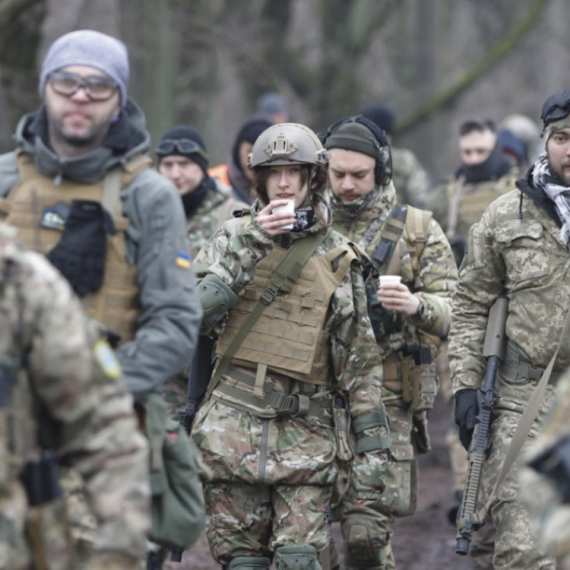

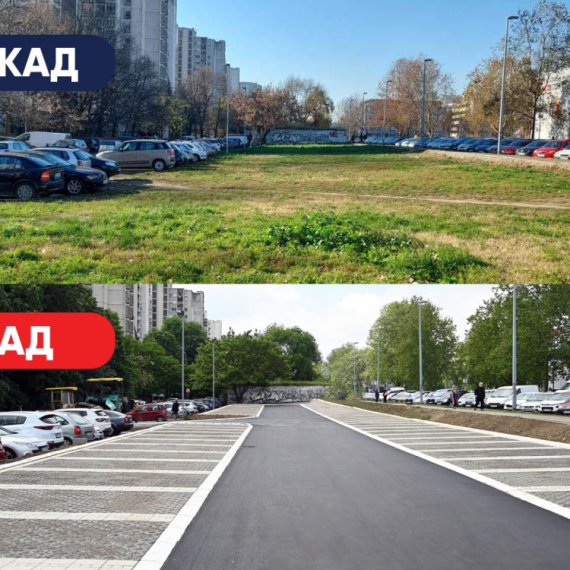
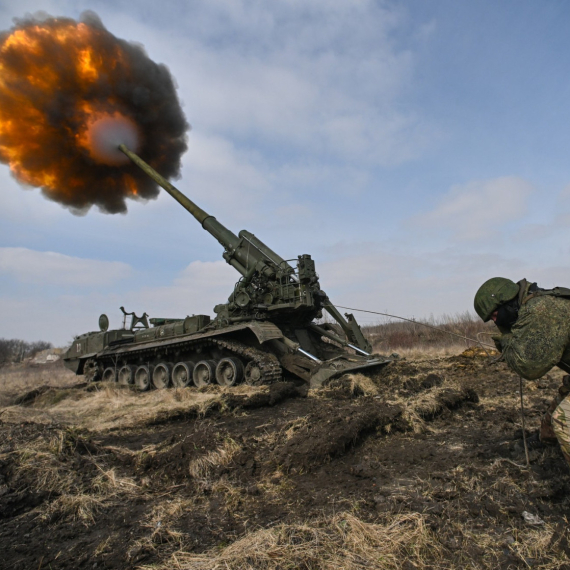

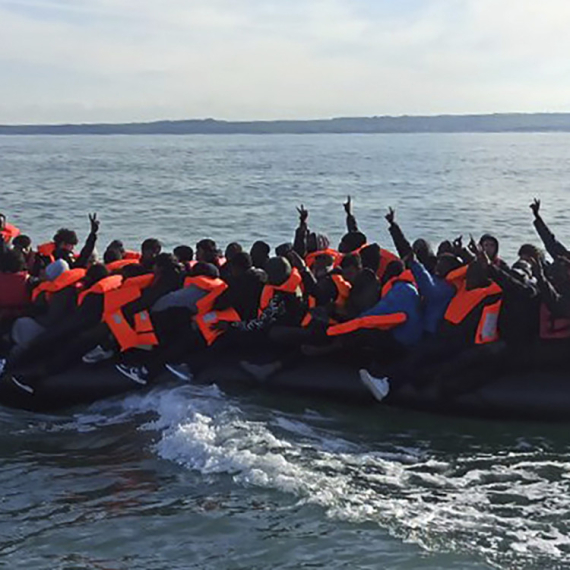

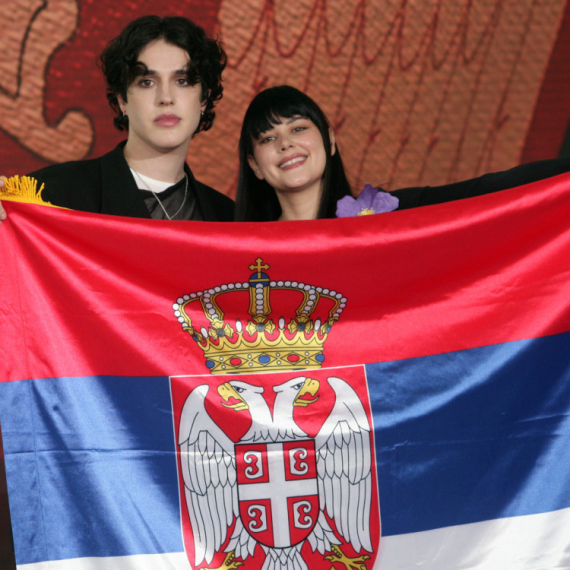

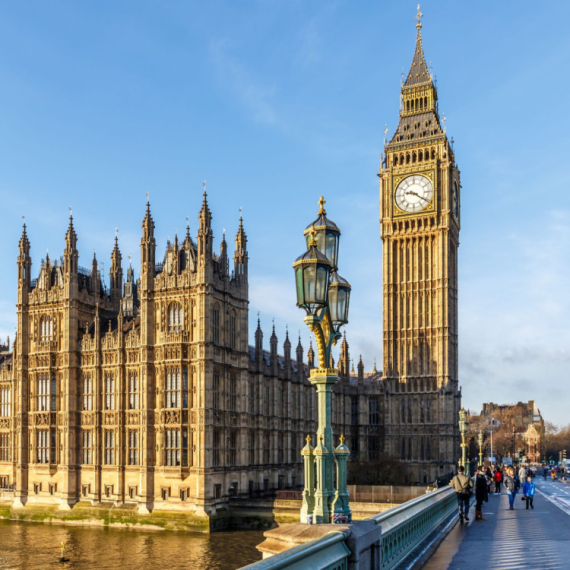














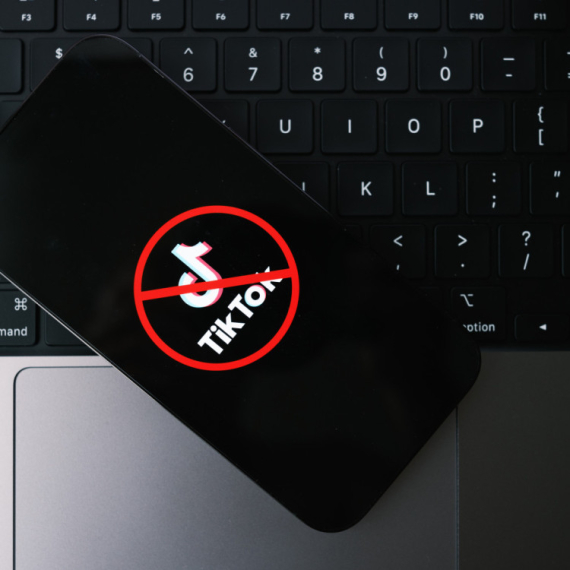












Komentari 10
Pogledaj komentare